The tech behind the big vinyl revival
Vinyl is back - it seems absolutely undeniable. But how do our favourite tracks make it on to vinyl in the first place, and what are the most crucial aspects of the process? We speak to an Abbey Road engineer to find out.
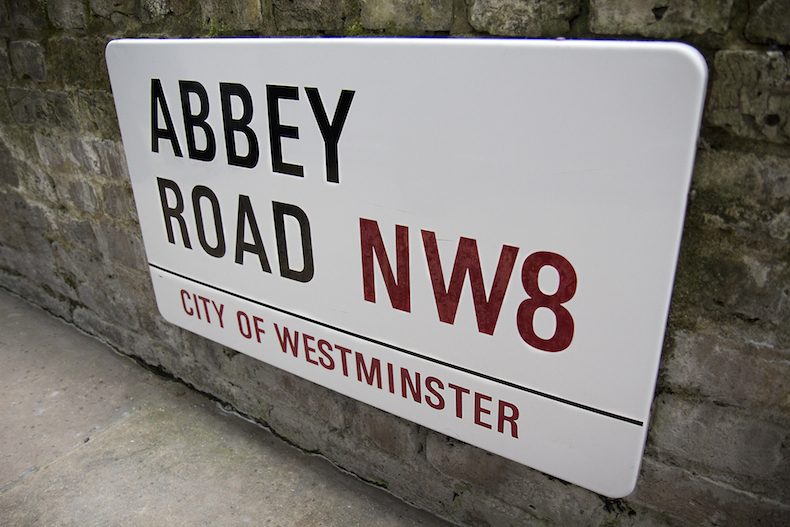
Vinyl sales are at their highest level since 1991: 3.2 million vinyl albums were sold in 2016, which is a rise of 53% over 2015.
People are taking notice in a big way thanks in part to events such as Record Store Day, which sees over 500 new vinyl releases this year. The vinyl love-in, it seems, shows no signs of waning.
But vinyl’s popularity is still, of course, a fraction of what it once was. There is much work to be done. Consumers these days are spoiled for choice when it comes to audio formats. Streaming services such as Spotify and Tidal are making a lot of noise, and high-res audio is on the rise too.
MORE: 12 of the best vinyl test records
MORE: How a vinyl record is made
Poor handling, poor sound
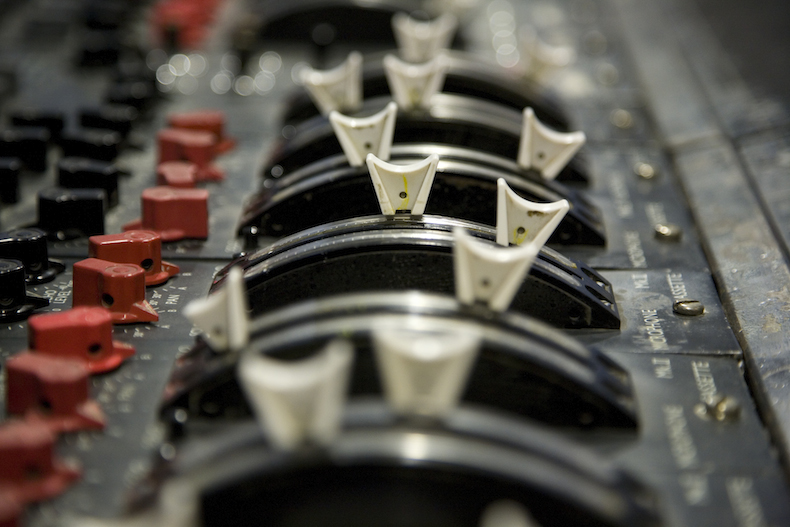
When it comes to sound quality, it’s not really the format that matters. The key is how the music is handled before it is reproduced for mass consumption. A poorly handled record will sound poor no matter how you listen to it.
For some horse's-mouth information, we pay a visit to Abbey Road Studios and speak to Sean Magee, a mastering engineer whose work includes albums by The Beatles, Pink Floyd and The Sex Pistols.
Get the What Hi-Fi? Newsletter
The latest hi-fi, home cinema and tech news, reviews, buying advice and deals, direct to your inbox.
Mastering, for the uninitiated, is the final stage of the creative process. It is up to a mastering engineer to make sure the recording is in top shape before it goes off to the factory. It is the mastering engineer who decides what you hear when you get back from the record store – and whether it's close to what the artist intended.
MORE: High-resolution audio: everything you need to know
Discussion with the artist
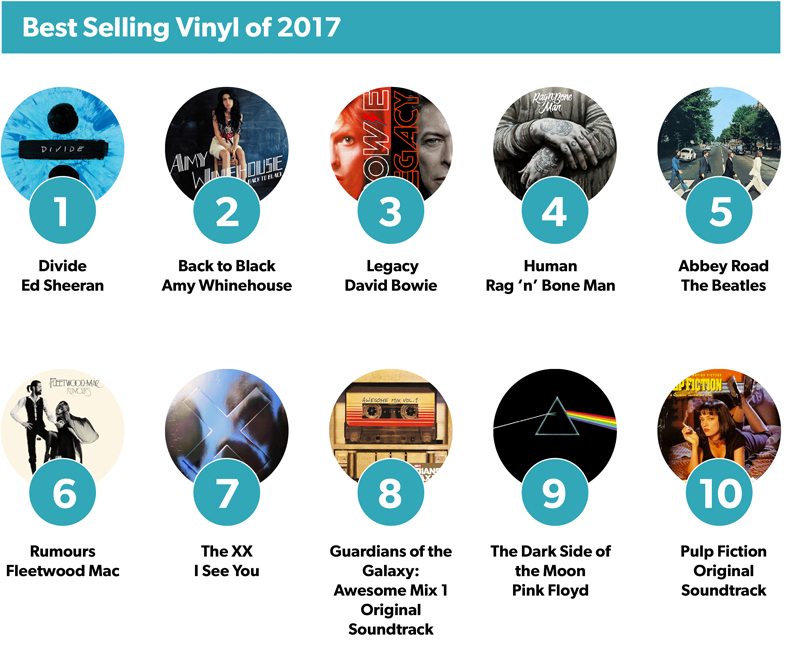
“The first thing you do is discuss how the client [or artist] feels about their mixes, and whether there are any problems - too much bass or too much high frequency, for example. And then we listen and address the problems, and then transfer the audio to the end medium.”
Within that process, a mastering engineer must fix issues such as clicks or a sibilant ‘S’ sung too loudly. He may use equalisers, to make something brighter or add more low-end oomph.
“The real thing is quality control. A mastering engineer will construct something that will go to the factory, and he will have listened to it from start to finish. He will have the start and end marks of each track in the right place, and each track at roughly the same volume. It is important because this is the last time you get to hear it before it goes to the factory.”
Remastering, on the other hand, is a different proposition. It’s no longer a matter of cleaning up, and in the case of some heritage material the artist may no longer be around to have a say. A mastering engineer must exercise discretion, and know when and when not to open his toolbox.
MORE: Bowie's Blackstar help vinyl sales hit 25-year high
Take out the clicks
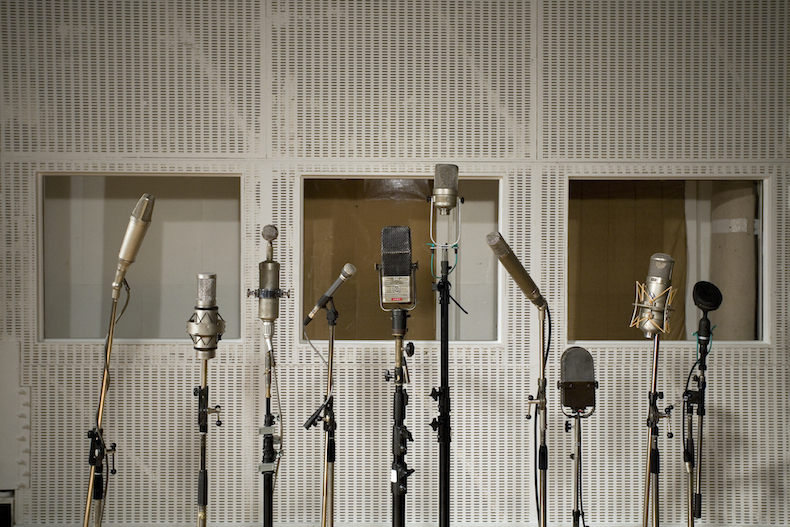
“You can EQ stuff, but should you? No – people are used to it sounding a particular way. You fix stuff they probably would have fixed themselves if they could have. If it’s a buzz or a click, or a noisy edit, if they could have done it better, then you do it. We take clicks out, and sometimes we put them back in again.”
When it comes to the final product, Magee is amused by the idea of format superiority. Unwilling to put formats against one another, he has time for vinyl, hi-res audio and MP3 alike. His priority is the music, regardless of a format’s eccentricities.
“High-res audio gets you nearer the analogue sound, which is quite amusing. Digital was supposed to take over and now these new digital formats and higher sample rates are getting nearer and nearer the analogue sound – when you already had the analogue sound."
MORE: Vinyl sales beat digital downloads for the first time
There is a limit
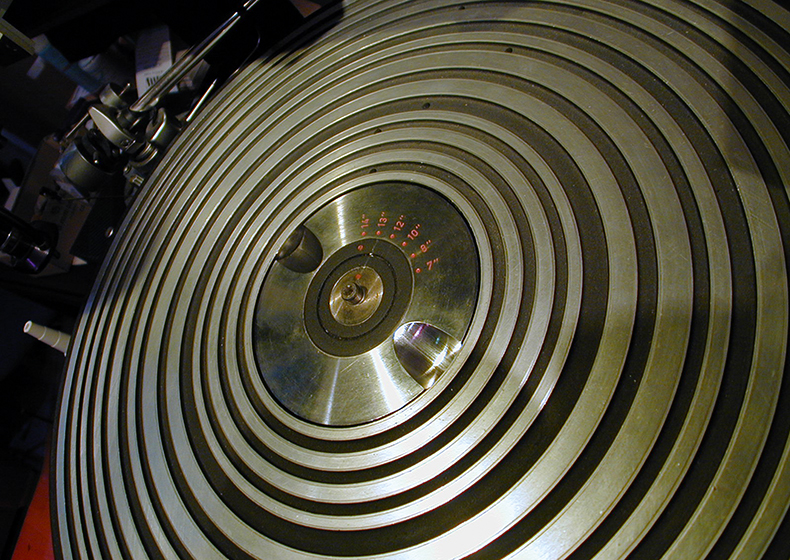
“My cutting lathe can only cut a certain amount of frequency content, because that’s all it’s designed to do. No matter how high the sample rate you throw onto vinyl, at around 20something kHz it disappears because it’s not physically able to cut it.
“Is vinyl the best sound ever? If you love vinyl, then yes it is. It’s not to be compared with CDs or any other format. If you want to listen to a record and get the record sound, a record is the way you have to listen to it.
“If you’re in a gym, then your MP3 or AAC is probably the best format. For me, it boils down to the music. If the music on the record is the music I like, it’s the best-sounding thing.”
So there you have it. We love vinyl. We love high-res audio. We love CDs. But none of it really matters without the likes of Sean Magee. And even then, it’s only the music that matters.
What Hi-Fi?, founded in 1976, is the world's leading independent guide to buying and owning hi-fi and home entertainment products. Our comprehensive tests help you buy the very best for your money, with our advice sections giving you step-by-step information on how to get even more from your music and movies. Everything is tested by our dedicated team of in-house reviewers in our custom-built test rooms in London, Reading and Bath. Our coveted five-star rating and Awards are recognised all over the world as the ultimate seal of approval, so you can buy with absolute confidence.

